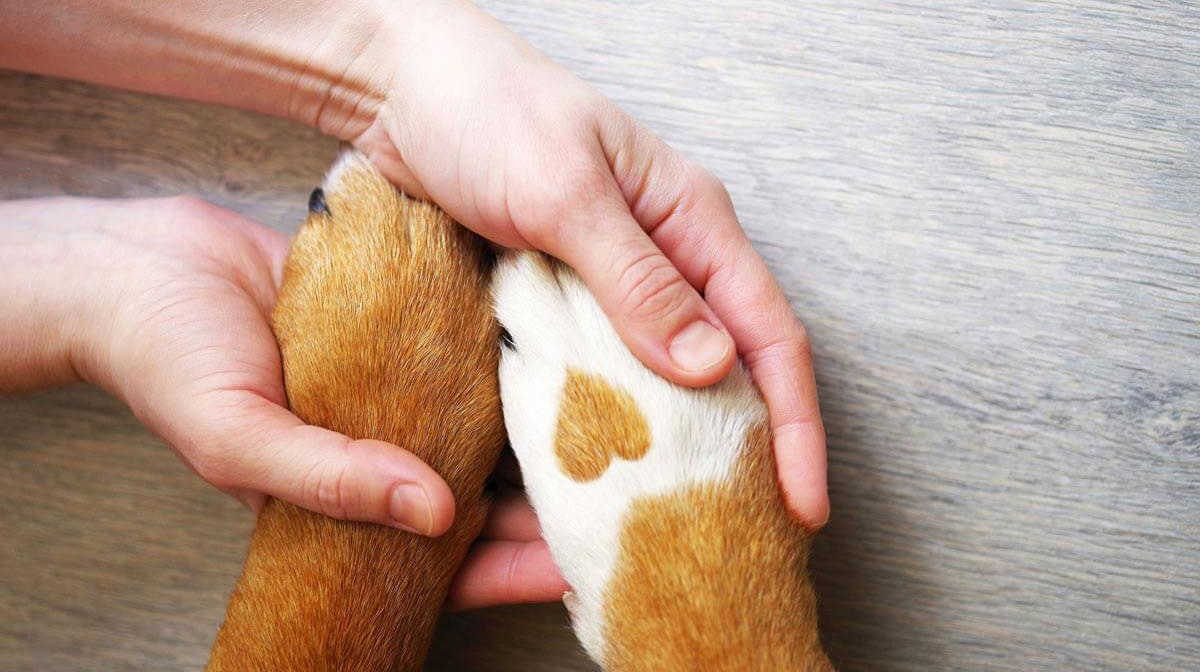
If you’re a first-time pet owner, you’ll probably have a lot of questions about your new puppy or kitten, including the necessary health care that comes as part and parcel of having a pet. In this article, James Wellbeloved examine the average cost of veterinary bills and what you need to consider when it comes to safeguarding both your money and your pet’s health, as well as offering advice about vet visits in general. Please note that prices can vary significantly depending on the vet, the area, and the specific requirements of your pet.
Routine check-ups and vaccinations
As soon as you bring your puppy or kitten home, it’s your responsibility to take care of them, from providing a healthy, nutrient-rich diet to ensuring they get enough exercise, as well as looking after all their medical needs.
New puppies and kittens require initial vaccinations at the age of six to nine weeks to protect their immune system, as well as a follow-up injection every year. These vaccinations usually cost somewhere between £30 to £60 – a small fraction of the money required to treat your puppy or kitten should they contract any of the diseases the vaccines prevent.
Your vet will provide you with a vaccination record to make it easier to keep track – especially if you have multiple pets. Please bear in mind that the vaccination protocol varies between different vet practices.
Spaying and neutering
If you don’t intend to breed your pet, you’ll need to book in a vet appointment for them to be neutered. Neutering costs can start at around £40 but increase depending on the type of pet, sex, and breed. Neutering is also known as spaying for females and castration for males. As the surgery is more invasive for female animals, their recovery time is a little longer, but both sexes will be required to wear an Elizabethan neck collar to prevent them from licking or biting their stitches. There can be other benefits to getting your pet neutered, including protection from certain diseases and the absence of behavioural issues like territory marking, vocalisation, and attempting to escape.
The age at which you can neuter your pet varies from animal to animal, so always ask your vet for advice.
Other vet procedures and emergency treatment
Other medical treatment prices depend on certain factors. For example, it’s usually more expensive to treat a dog than a cat, and costs are also affected by location and type of treatment. Pet insurance can really help you manage health costs for your pet, too – as well as any unexpected costs that may crop up.
Surgeries, X-rays and blood tests can be quite expensive – you should be prepared to factor in a consultation fee too – usually around £50-60. If your pet has an emergency, vets often charge out-of-hours emergency treatment supplements, which can be a few hundred pounds – especially if the treatment involves an overnight stay. Ongoing treatment, referrals and specialist treatments for chronic health conditions can cost up to several thousand pounds.
Pet owners also need to take into consideration the possibility of long-term health conditions, long-term costs of medications, vet visits and dental procedures – as well as routine medications such as worming and flea treatments. Your pet will usually have to have a check-up either once or twice a year in order to continue receiving routine medications.
Some vets offer a special health plan to help spread the costs of medical treatment – these may include procedures such as nail clipping and tick removal, as well as discounts for neutering and dental work.
However, although vets can be expensive, the health and wellbeing of your pet and making sure they are once again fighting fit should be the top priority for pet owners.
Taking your pet to the vet
The vet can be a stressful place for your pet. With plenty of unusual sights, smells and sounds, as well as unpleasant memories of previous visits, it’s no wonder many pets make a bolt for it as soon as they see their carrier. To help them stay calm, here are a few top tips:
Take cats or small dogs to the vet in a carrier, and dogs on a lead
Familiarise your pet with their pet carrier by leaving it somewhere in the house for them to explore. You should also get your pet used to being in the car, if this is how you will be transporting them.
If your pet is particularly nervous, try to book appointments at quieter times of day.
Make sure your pet is used to being handled in the way a vet would handle them, and reward them with treats for good behaviour.
Put a favourite toy or blanket in your pet’s carrier to reassure them – it will smell like home and can offer some comfort.
Speak calmly to your pet throughout the visit and give them treats throughout to make the experience more positive. Once home, let them rest and recover.
If your pet hates going to the vet, there are pheromone calming treatments you can give them which can really help. Your vet may also offer socialisation visits – mainly for puppies – which can help your pet associate the vet with a positive experience.

Related Articles








